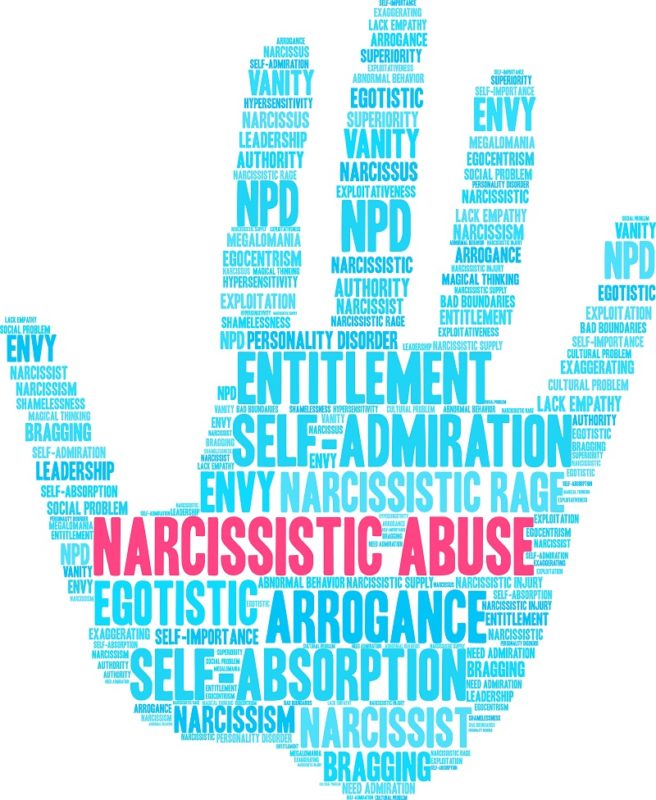Individual Counseling Can Help Teach How To Deal With Narcissistic Abuse
 Individual counseling can help you learn how to deal with abuse from a narcissistic partner, family member, or co-worker. If you are in a relationship with a narcissist, it’s important to get outside support to clearly understand what is happening. Individual counseling can help you rebuild your self-esteem and confidence, and to learn to communicate effectively and set boundaries.
Individual counseling can help you learn how to deal with abuse from a narcissistic partner, family member, or co-worker. If you are in a relationship with a narcissist, it’s important to get outside support to clearly understand what is happening. Individual counseling can help you rebuild your self-esteem and confidence, and to learn to communicate effectively and set boundaries.
Narcissistic Personality Disorder is a disorder in which a person has an inflated sense of self-importance, but it isn’t true self-esteem. The truth is that narcissism is rooted in shame. It is their idealized image of themselves, which they convince themselves is real, that they love. Underneath it all, however, narcissists feel the chasm between the false front they show the world and their true, ashamed self.
These people often go to great lengths to avoid feeling shame, including belittling those around them, acting grandiose, or being hypersensitive to things that others may have ignored. Instead of feeling shame or discomfort, narcissists resort to extreme methods to transfer those feelings to their partner, resulting in a cycle of emotional and sometimes physical abuse.
Here are a few tell-tale signs of narcissistic abuse.
Single-Minded Superiority
Narcissists believe that there is only one valid point of view and it’s their own. They are unable to see the pros and cons of anyone else’s position. Most people grow out of this single-mindedness around 3 or 4 years old. This entitled self-importance is where narcissists’ sense of entitlement, lack of empathy, manipulativeness, and belief in their superiority come from. It can be extremely damaging to relationships.
Public Displays Of Negativity
A narcissist is quick to speak to others publicly in a devaluing way. They may also say things in public that others can’t believe they mean or find inappropriate. If this happens often, it can lead to less interaction with others and increased isolation, which is a tactic commonly used by domestic abusers.
Prioritizing Themselves
Narcissists’ goals and motivation are heavily shifted in the direction of the self. In vulnerable narcissism, people protect themselves, and in grandiose narcissism, people build and enhance themselves. In both cases, they prioritize themselves before others. Mutual support is critical to any healthy, happy relationship, and this lack of support can lead to feelings of isolation and low self-esteem.
Playing The Victim
Despite their feelings of entitlement and superiority, many narcissists also completely fail to hold themselves responsible for the events of their own lives. Everything is always the other person’s fault and they are never to blame.
Dealing With Narcissistic Abuse In Individual Counseling
Seeking out a family or relationship therapist might help, although a narcissist is unlikely to accept any responsibility. Individual counseling can help you identify narcissistic abuse and create healthy boundaries.
If you are in a relationship with a narcissist, individual counseling can help you choose the best course of action to correct or escape it. For more information, call Take Charge, Inc. at (913) 239-8255 or click here to schedule an appointment.
